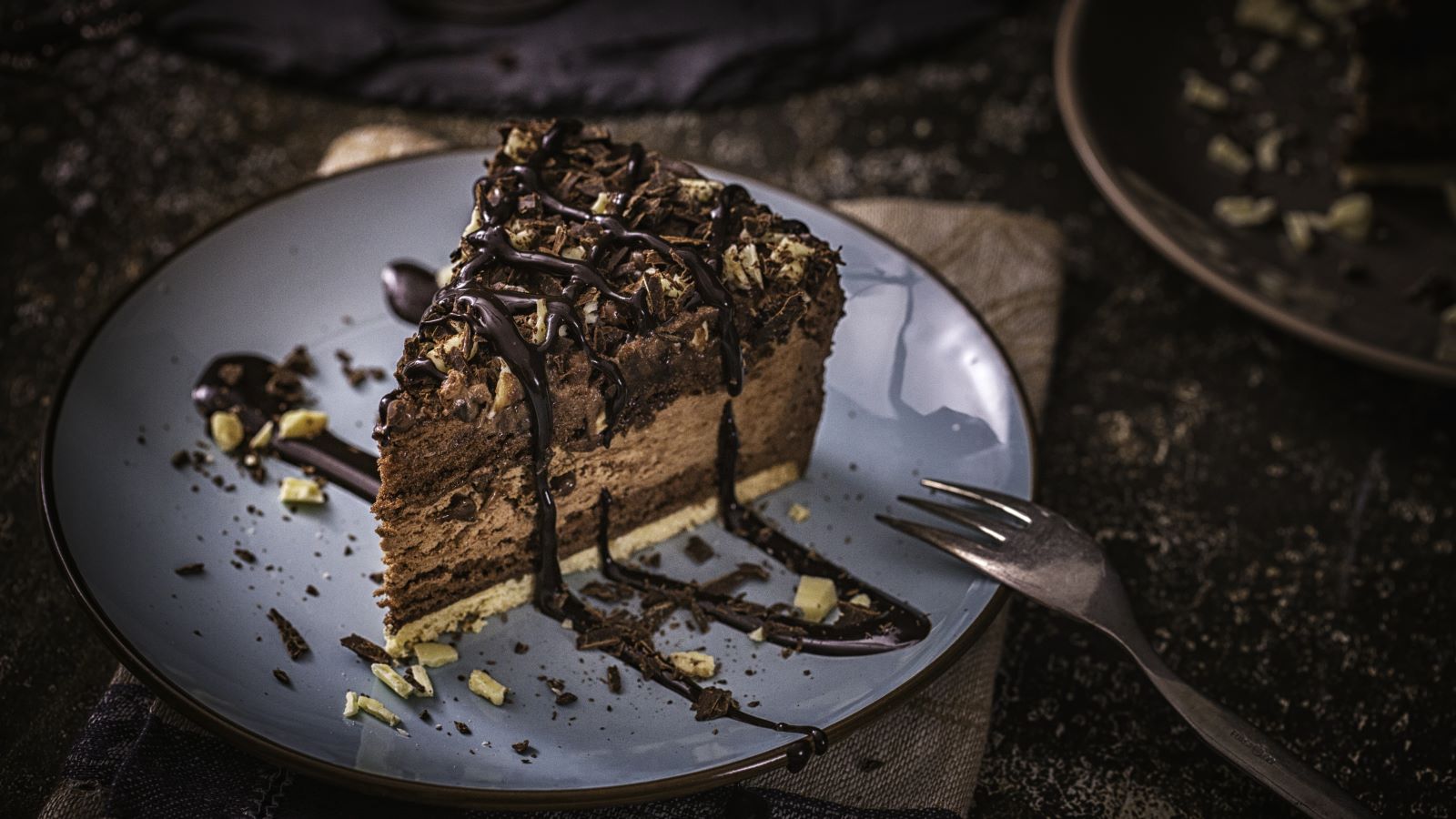<< Back
How to Break Old Habits

December 13, 2024
It’s that time of year when conversations inevitably turn to New Year’s resolutions — and then, to last year’s failed attempts. As we seem to learn year after year, behavior change is not as simple as just saying you will or you won’t. If you want to break old habits, you need a strategy.
Our expert has just the thing.
Connect with the HHC Behavioral Health Network
Start here
What makes a habit? Trigger, behavior, reward.
“Our brains are meant to have what we call ‘reward-based learning,’” explains psychologist Laura Saunders, PsyD, a doctor of psychology who directs Hartford HealthCare’s Center for Gender Health. “There’s a trigger, then there’s a behavior, then there’s a reward.”
For example, when you’re bored (trigger), you crave and eat chocolate cake (behavior). That sets off an avalanche of happy chemicals in your brain (reward).
This happy rush fades quickly. But it leaves your brain with an unhelpful message: Bored + cake = happy.
How to break old habits? Take a closer look.
“Breaking habits really means breaking that cycle of trigger, behavior and reward,” says Dr. Saunders. “You have to look at all three of those pieces.”
First, identify what your triggers are.
Since triggers are often linked to emotions, this can require some soul-searching. You may have to admit unpleasant truths — things like “Sometimes I’m lonely,” or “Every time I get off the phone with my sister, I’m stressed.” Then again, your trigger could be as simple as walking past the fridge.
Second, examine the behavior that follows. Are you reaching specifically for chocolate cake, or food in general? Is that the beginning and the end of the behavior, or does it typically lead to something else — like curling up on the couch in a sugar coma?
> Related: Stop Biting Your Nails! A Psychiatrist’s Top 6 Tips
Make another plan — and be specific.
At this point, you have identified your trigger, and you have examined your behavior with the precision of a scientist.
Now, it’s time to come up with a replacement behavior — and reward — to fill that cake-shaped hole in your brain.
Sugar aside, how else do you give your brain an endorphin boost? The list is both personal and endless, but some classic examples include physical activity, listening to favorite music, spending time in nature or talking with a friend. Swap this behavior in instead — in increments.
“Break things down into much smaller pieces so you feel a sense of success,” says Dr. Saunders. “Instead of ‘I’m never having cake again,’ it’s ‘When I’m feeling bad about myself, I’ll go for a walk around the block instead,’ or even just, ‘I won’t have a piece of cake between noon and one o’clock.’”
> Related: Do I Have OCD? 5 Warning Signs to Watch For
Bonus: To break old habits, practice slowing down.
“I know this sounds cliché, but bringing a little bit of mindfulness into your life can be really helpful if you’re trying to break old habits,” says Dr. Saunders.
This doesn’t mean meditating for an hour, or at all. Mindfulness simply means being in the present moment, nonjudgmentally.
“You identify your emotional trigger, and instead of just acting on it, you close your eyes, take a few deep breaths, and stay with it. And you don’t judge yourself,” says Dr. Saunders.
A soothing mantra can help anchor you in the present moment: I’m safe, I’m OK, I’m at peace. It can also help distract your brain from any negative self-talk — another habit you’ve been meaning to break.
Add it to the list of New Year’s resolutions. This year, you’re setting yourself up for success.